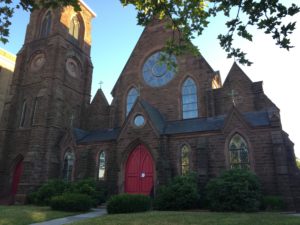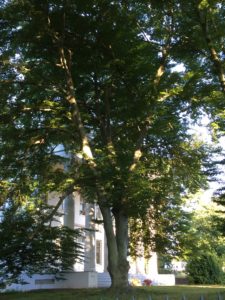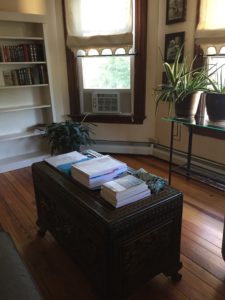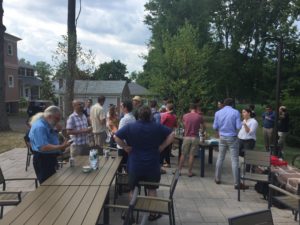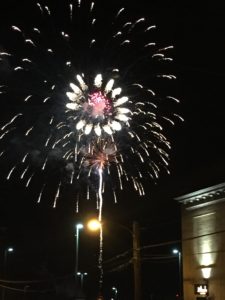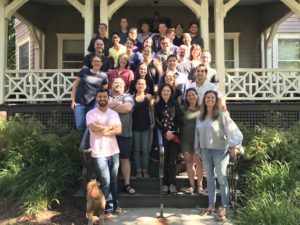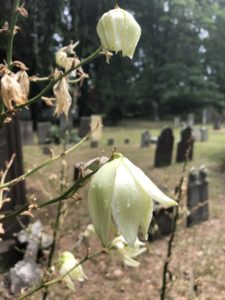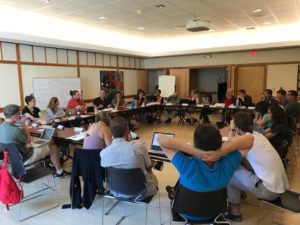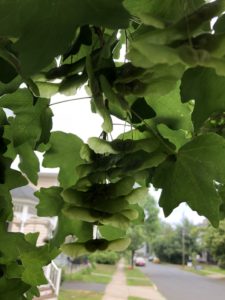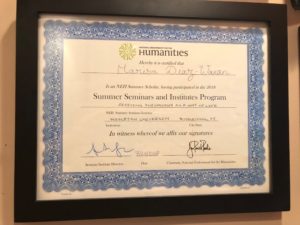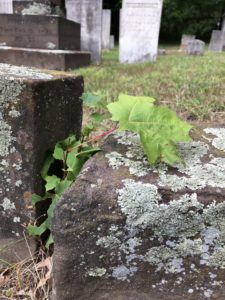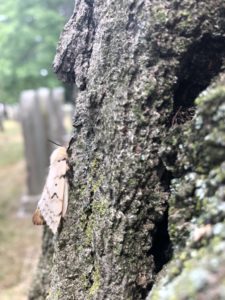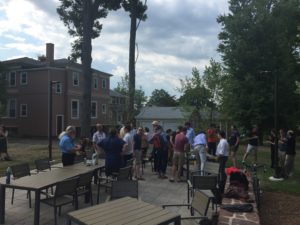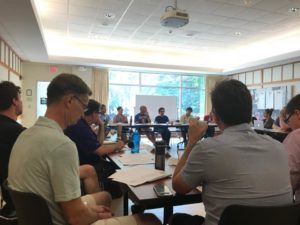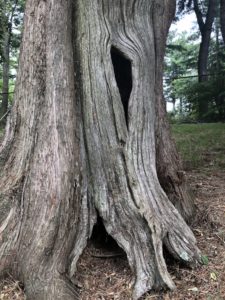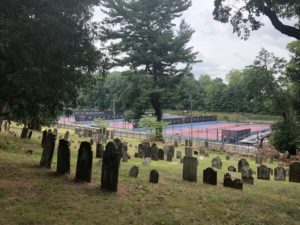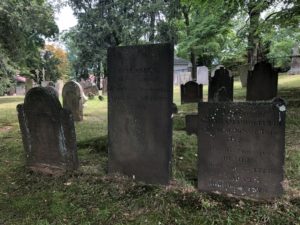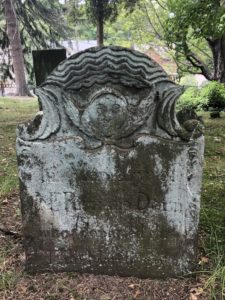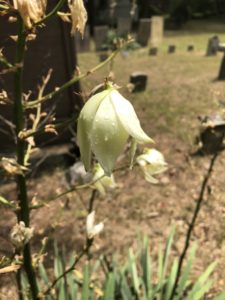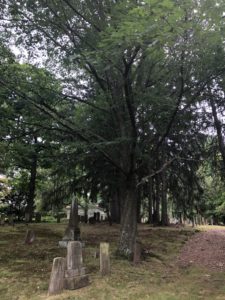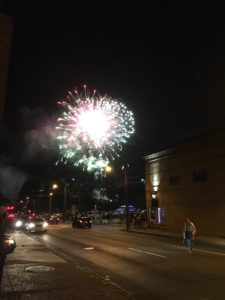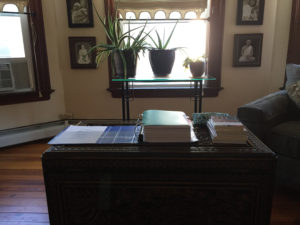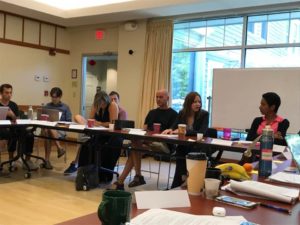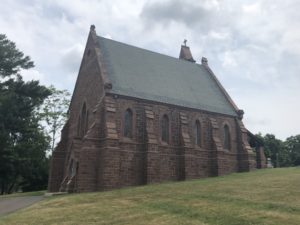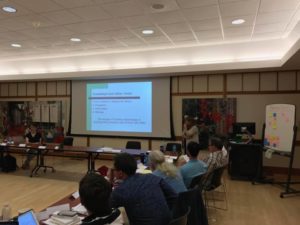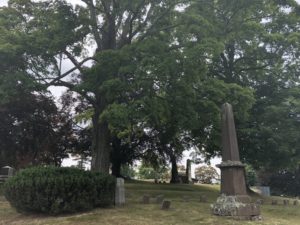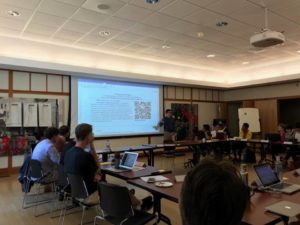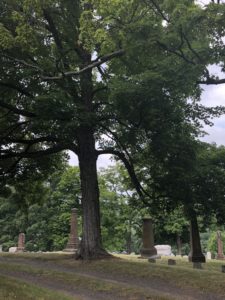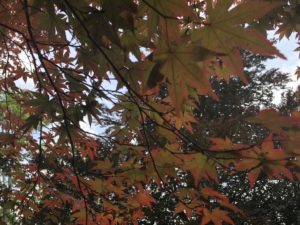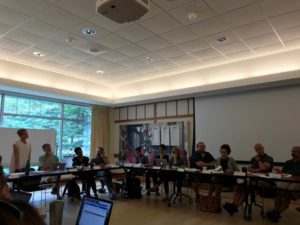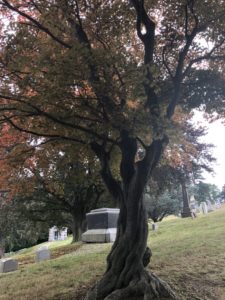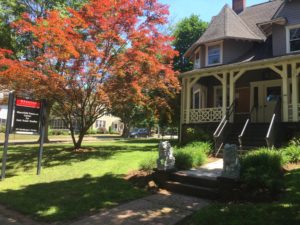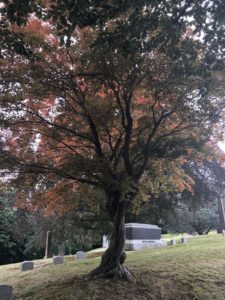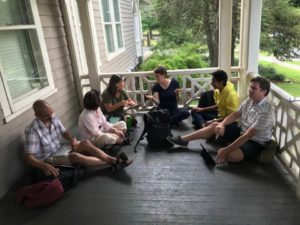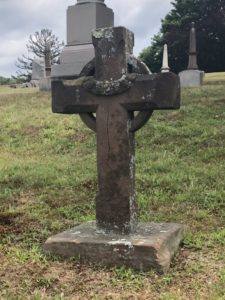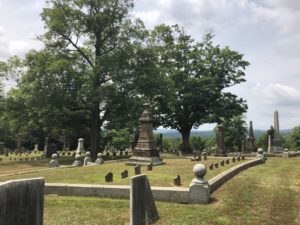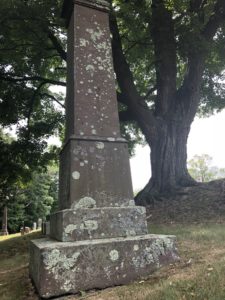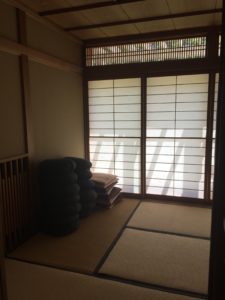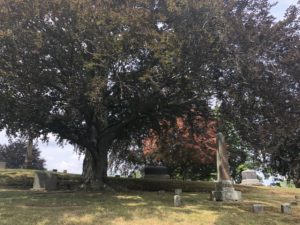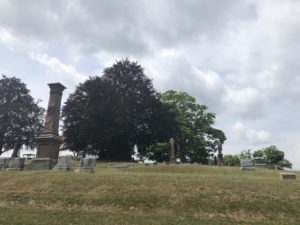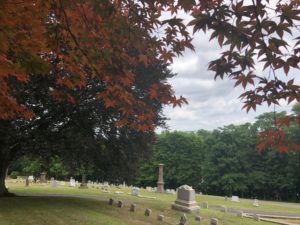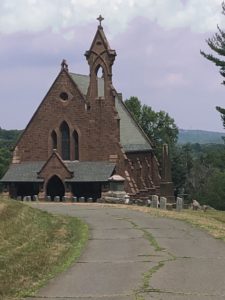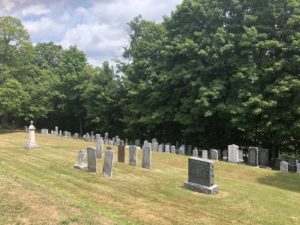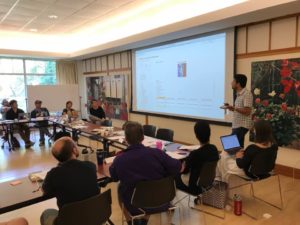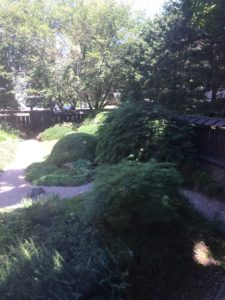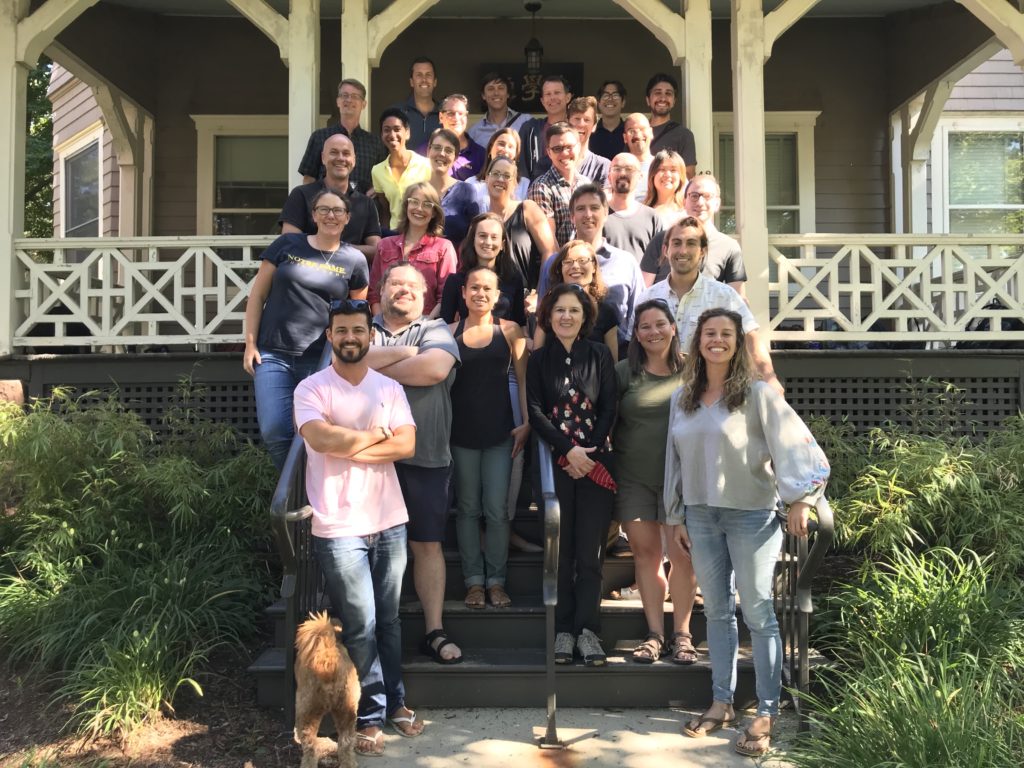 In a recent article in the Washington Post, “Why We Still Need to Study the Humanities in a STEM World,” author Valerie Strauss, discusses the importance of the humanities and how studying disciplines within its domain can open windows into new cultures and new worldviews. Why is this important?
In a recent article in the Washington Post, “Why We Still Need to Study the Humanities in a STEM World,” author Valerie Strauss, discusses the importance of the humanities and how studying disciplines within its domain can open windows into new cultures and new worldviews. Why is this important?
Because doing so allows us to know ourselves and others better and provides us an opportunity to “grapple with complex moral issues, [namely] the complexities and intricacies of humanity.”
Philosophy is one discipline within the humanities — and one, without question (and yes, we see the irony here), with which we are particularly enamored! Other disciplines include: anthropology, linguistics & languages, literature, history, religion, the arts, archaeology, and law & politics.
Over the course of the past several years, educational institutions across the country have been witnessing a notable decline in liberal arts majors. The factors involved with this are numerous and complicated. Thankfully, there are organizations out there whose mission it is to support the humanities. The National Endowment for the Humanities (and its various affiliates like Humanities Montana) are prime examples.
 Created in 1965, the National Endowment for Humanities is an independent federal agency that supports “research, education, preservation, and public programs in the humanities” through a variety of funding opportunities. Why are we sharing this?
Created in 1965, the National Endowment for Humanities is an independent federal agency that supports “research, education, preservation, and public programs in the humanities” through a variety of funding opportunities. Why are we sharing this?
Well, in addition, to being huge advocates of the humanities and grateful for organizations that support the humanities, in the Spring of 2018, we were honored to be selected to participate in the National Endowment for the Humanities Summer Institute “Reviving Philosophy as a Way of Life“ at Wesleyan University in Middletown, CT! The experience was nothing shy of phenomenal!!!
Philosophy as a Way of Life
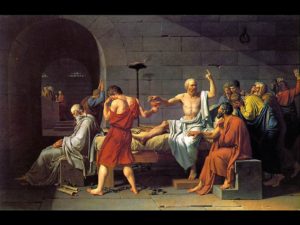 According to John Sellars, philosophy as a way of life is a “model of philosophy that emphasizes its practical, life-changing aspects.” The idea that philosophy has a practical side (be that therapeutic, behavioral, or other practical manifestations), is not new. Ancient traditions conceived of philosophy in these terms, as well of course as a practice concerned with knowledge and understanding. For many (if not most) of these thinkers, the art of thinking and the art of living were two sides of the same coin, both of which were integral to the philosophical life.
According to John Sellars, philosophy as a way of life is a “model of philosophy that emphasizes its practical, life-changing aspects.” The idea that philosophy has a practical side (be that therapeutic, behavioral, or other practical manifestations), is not new. Ancient traditions conceived of philosophy in these terms, as well of course as a practice concerned with knowledge and understanding. For many (if not most) of these thinkers, the art of thinking and the art of living were two sides of the same coin, both of which were integral to the philosophical life.
To echo Pierre Hadot and thinkers like Socrates and Plato, the Stoics, Chu Hsi, Nietzsche, Descartes, Aristotle, Spinoza, and many more: the love of wisdom does not merely just cause us to ‘know’, “it makes us ‘be’ in a different way.”
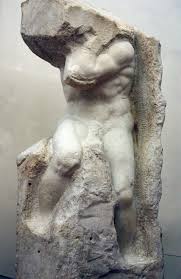 Along the way, though, things changed. Not for everyone, mind you (and thankfully), but for a large chunk of academia and its scholars. Numerous ingredients played a hand in this transformation — too many to list here. But the net result for those who did not resist the change was this: Philosophy as a way (or guide to) the good life was slowly chiseled away, leaving in its place a discipline that, while still a very worthy & very practical (when applied) venture, was in some important sense but a shadow of its predecessor.
Along the way, though, things changed. Not for everyone, mind you (and thankfully), but for a large chunk of academia and its scholars. Numerous ingredients played a hand in this transformation — too many to list here. But the net result for those who did not resist the change was this: Philosophy as a way (or guide to) the good life was slowly chiseled away, leaving in its place a discipline that, while still a very worthy & very practical (when applied) venture, was in some important sense but a shadow of its predecessor.
Philosophy as something that can help us live better lives and become better people took a back seat and because of this the bridge between how people perceived philosophy & how and why they practiced it changed. And this was so, despite that fact that the questions of philosophy have never really changed. The questions of philosophy are (and have always been) the questions of life.
When people think about philosophy, they often think about it as being impractical or removed from our everyday lives. This is unfortunate. The questions of philosophy are the questions of life. What is more, even when that hurdle is removed, another tendency persists. Namely, the conception that philosophy is nothing more than an intellectual pursuit — concerned only with knowledge and understanding. On the one hand, it is true that philosophy is very concerned with knowledge and truth and reason. That seems a non-negotiable fact. But that is only part of the picture. There is more to it than this; At least, that is what many ancient thinkers (and some modern and contemporary thinkers) felt. In addition to being an intellectual pursuit, philosophy is also (and very importantly) a pursuit of the soul (however one might define that). It’s something that can help us grow, that can transform us…so that we can (to channel PLATO) “become better for the rest of our lives.” Philosophy as something to be lived – and not just talked about or explored – is at the core of traditions that conceive of philosophy as a way of life; as both…the art of thinking and the art of living. Not one or the other. — Marisa
In recent years, philosophy as a way of life has begun to re-emerge, thanks to the efforts of countless individuals — within and outside of formal academia — who have held tight to the belief that philosophy is and can be a guide to living well (in all that that entails). The NEH “Reviving Philosophy as a Way of Life” Summer Institute — led by Professors Meghan Sullivan, Steve Angle & Stephen Grimm and attended by a diverse group of scholars (of which we were lucky enough to be a part!) — is a vibrant example of a movement to re-align the seating arrangements (no more back seat for you practical side of philosophy!) and revive philosophy as the art of thinking and living well.
What We Explored at the Summer Institute
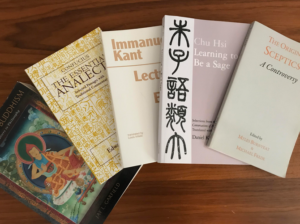 Institute participants spent roughly half of the workshop studying key texts in Stoicism, Buddhism, Ancient Skepticism and other “way of life’’ traditions in sessions led by expert scholars. The remainder of the workshop was dedicated to finding effective and innovative ways for helping individuals “try on” these teachings and critically examine the arguments behind their respective proposals.
Institute participants spent roughly half of the workshop studying key texts in Stoicism, Buddhism, Ancient Skepticism and other “way of life’’ traditions in sessions led by expert scholars. The remainder of the workshop was dedicated to finding effective and innovative ways for helping individuals “try on” these teachings and critically examine the arguments behind their respective proposals.
In addition, participants built unique syllabi and programs and established professional relationships aimed at helping to sustain and invigorate this approach to philosophy.
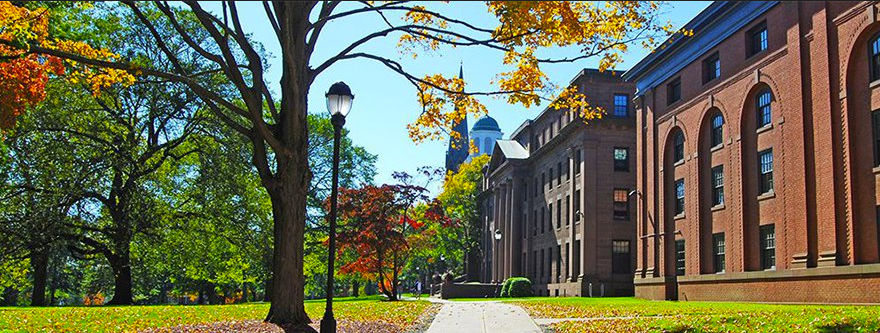
Philosophy as a “way of life” is integral to what we do as an organization. One of our deep-held beliefs is that philosophy is not meant to be closed away in some book but, rather, to be lived! To have been selected to participate in the National Endowment for Humanities Summer Institute was a tremendous honor! Thank you so much Professors Sullivan, Angle, and Grimm for the amazing opportunity and to everyone in the PWOL/Stoa family! I/we are looking forward to our continued collaboration & are excited about what the future holds! — Marisa/Merlin

